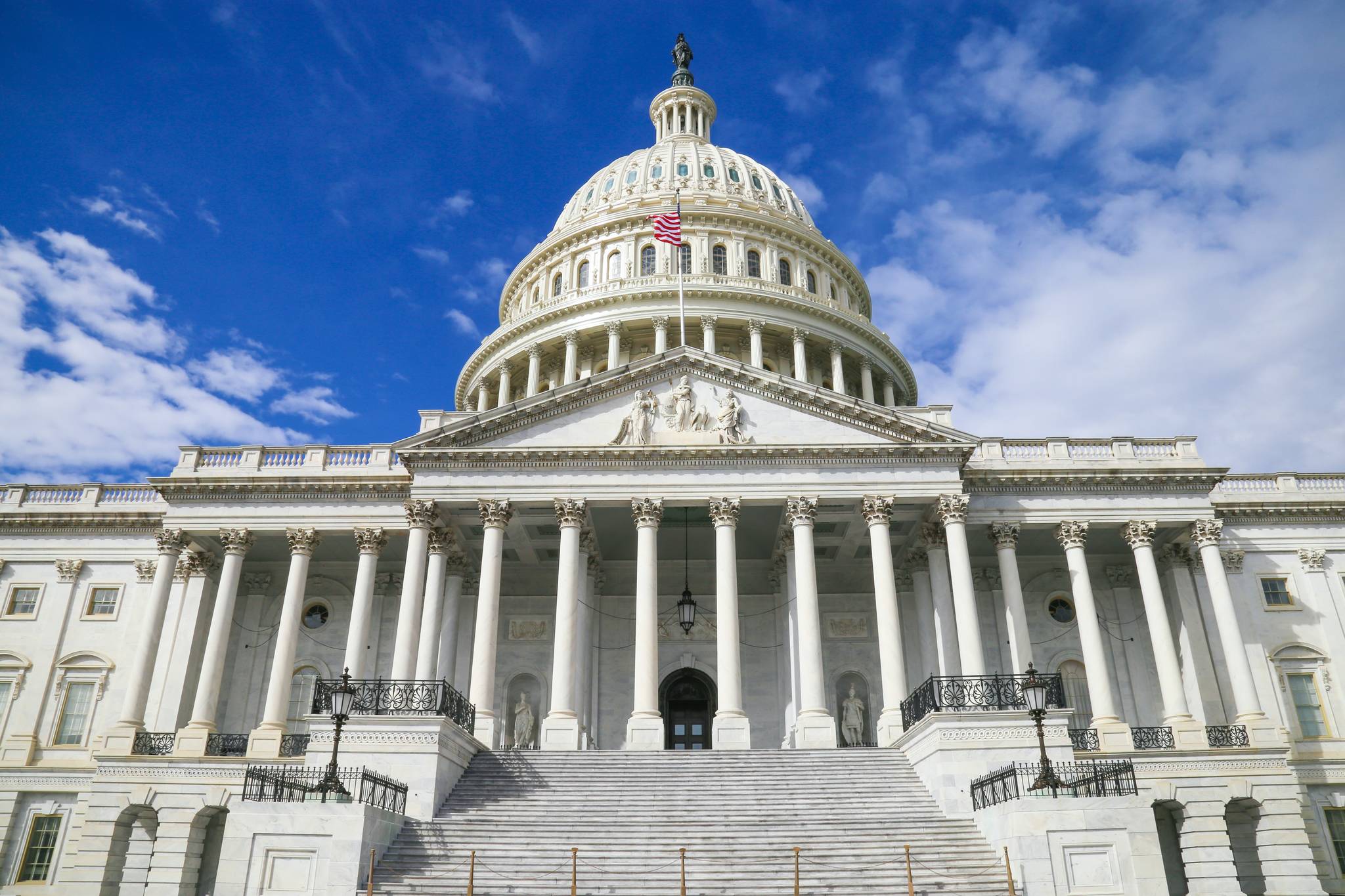Many small communities in Southeast Alaska suffer from high electric costs, due mostly to diesel-dependence and low economies of scale from small electric loads. Many communities cannot even support a local restaurant.
Consequently, the residents of small Southeast communities travel to hubs, like Juneau, Sitka or Ketchikan to frequent local restaurants, and to buy bulk consumables like rice, flour, fruits and vegetables, toilet paper and other goods.
However, because of the state’s current fiscal problems, it has become more expensive for residents of small communities to travel to larger cities to buy basic necessities. Alaska Marine Highway System service has bordered on non-existent, and schedules are often unpredictable. Moreover, the COVID-19 pandemic has severely limited air travel to and from small Alaskan communities.
This problem has at least a partial solution. Inside Passage Electric Cooperative, the nonprofit electric provider for Angoon, Hoonah, Kake, Klukwan and the Chilkat Valley, has been working hard to build small hydro projects to reduce dependence on diesel fuel for generation. When we reduce diesel consumption, we reduce rates to our consumers and at the same time reduce greenhouse gas emissions. Reduced and stabilized electric rates are a building block to economic development.
In 2009, IPEC’s board of directors wrote a strategic energy plan to reduce electric rates for its consumers. As a result, IPEC in 2015 completed construction of a run-of-the-river hydro facility in Hoonah, the Gartina Falls Hydroelectric Project. This project was funded with grants primarily from the State of Alaska’s Renewable Energy Fund.
Now, IPEC is close to completing construction of the Gunnuk Creek Hydroelectric Project in Kake, expected to be energized by the end of summer. Both Gartina Falls and Gunnuk required grant funds to be financially feasible. So will other hydro projects IPEC has on its radar.
IPEC has identified three more small hydro projects it hopes to construct for the benefit of its member-consumers. If IPEC can get these facilities built, we could achieve more than 70% renewable electric generation overall for the communities we serve.
Unfortunately, due to the state’s fiscal crisis, the state’s Renewable Energy Fund has not been funded for several years. If IPEC were to borrow money to build the three remaining projects on our list, electric rates would rise significantly due to the high cost of loans. IPEC cannot continue its quest for renewable energy without grant assistance. Our rates are already high, often exceeding $.60 per kilowatt-hour depending on the price of diesel fuel. By comparison, Juneau consumers blessed with hydro pay about $.14 per kWh.
However, without grant support, IPEC won’t be able to lift rural communities out of diesel dependence. The state is unlikely to be in a position to provide funding anytime soon. This leaves federal assistance as the only other option. Thousands of Southeast Alaskans are out of work, and many businesses are facing the possibility of a year of lost income. Without federal assistance we are in deep trouble.
I am grateful to our congressional delegation for their hard work and assistance in passing the CARES Act. But it appears we will need more support both for health care and the economy, hopefully including electric utilities like IPEC, in our quest for long term renewable energy development. This is a once in a lifetime opportunity to invest in sustainable economies for small, remote communities.
A good example is the collaborative effort by IPEC and Kootznoowoo Inc, the local village corporation for Angoon, to develop the Thayer Creek Hydroelectric Project. Angoon is currently 100% dependent on diesel generation. The 20 high-paying construction jobs the project will create are just the beginning of the benefits. In the future, Kootznoowoo will use the work camp site to help promote the local tourism economy. Cheaper hydropower from Thayer Creek will spur economic activity across the town of Angoon.
IPEC stands ready to support Sens. Lisa Murkowski, Dan Sullivan and Rep. Don Young in their efforts to provide funding for small community hydroelectric projects. These projects have potential to provide jobs and lower electric rates in southeast Alaska and beyond.
• Jodi Mitchell is CEO/general manager of Inside Passage Electric Cooperative.

